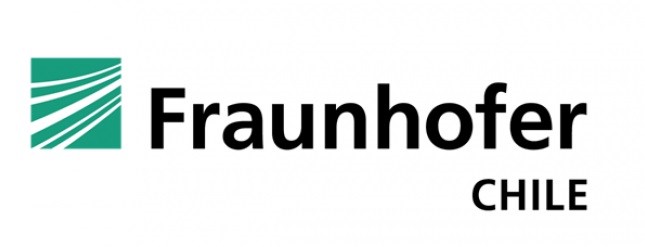

Established in 2010, Fraunhofer Chile Research (FCR), one of the first research institutions of Corfo's Programme for the Attraction of International Centres of Excellence, is developing a solar concentration system to help recycle aluminium waste. The project will be funded by the government agency Corfo's Crea y Valida Fund, which proposes to develop and validate a solar thermal concentration system capable of reaching and maintaining temperatures suitable for smelting of aluminium for its recycling.

Fraunhofer has been researching solar heat in industrial processes for years, which has led to the development of several ways to replace fossil fuels using solar thermal technology. The primary aluminium manufacturing business emits 1,100 million tonnes of greenhouse gases yearly, accounting for 2 per cent of global emissions. In contrast, traditional recycling decreases the energy required for the process by 95 per cent.
"We have designed a compact, simple and innovative system that will allow solar radiation to be reflected at a focal point and melt common aluminum waste directly in it, without a heat transfer fluid, with solar thermal energy," said the project coordinator, Iván Muñoz Hernández, who pointed out the benefits of incorporating solar thermal energy into the circular economy and its recycling processes.
Despite this, the metal recycling process produces emissions, releasing half a tonne of CO2 equivalent into the environment for each tonne of recovered aluminium, smelting the material using the most energy. The deputy director of Fraunhofer Chile and Leader of Solar Thermal Systems, María Teresa Cerda, adds that the technical success of the project “will allow the validation of a solar concentration design to help free dependence on fossil fuels in the smelting process, directly supporting the decarbonisation of the industry, and collaborating to create a new process that does not exist in the country or in the world. This pilot would be able to prove a totally innovative concept to achieve a more circular economy.”
“through different stages of R&D, the challenges associated with the manufacture and reflectivity of the reflective surfaces, the flow circuit of the material, the determination of the maximum capacity of the pilot will be overcome. and to the quality of the product.The prototype will be scaled, finishing with the equipment built and melting different aluminum alloys at different capacities in a relevant environment and using concentrated solar thermal energy as an energy source,” added Ivan Muñoz.
Responses








